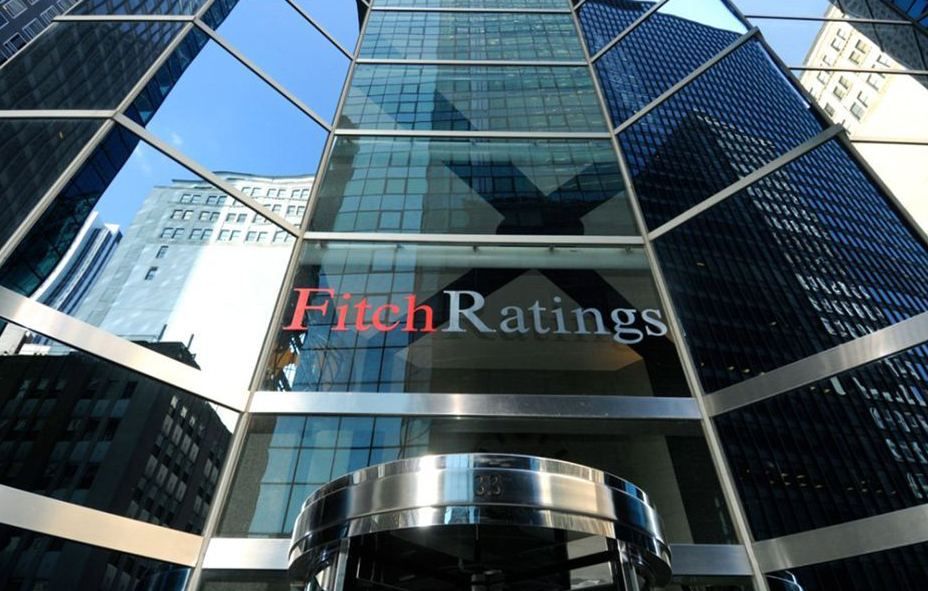Nord Stream 1 resumption won’t eliminate risks of future gas supply cessation – Fitch Ratings

By Trend
The resumption of Russian gas flows through the Nord Stream 1 pipeline after a 10-days annual maintenance period does not eliminate risks of a future gas supply cessation, Trend reports with reference to Fitch Ratings.
“Furthermore, the current low levels of supply at 40 percent of capacity are keeping gas prices high and maintaining pressure on the profitability and cash flows of European corporates which may increase further as the heating season approaches. We expect the countries most dependent on Russian gas to accelerate energy savings measures, which could reduce production in some industries. The European Commission has already asked all EU counties to cut their gas use by 15 percent from August 1 until March to prepare for further disruptions in Russian gas deliveries,” said the rating agency.
The European Commission is proposing a new Council Regulation on
Coordinated Demand Reduction Measures for Gas, based on Article 122
of the Treaty. The new Regulation would set a target for all Member
States to reduce gas demand by 15 percent between 1 August 2022 and
31 March 2023. The new Regulation would also give the Commission
the possibility to declare, after consulting Member States, a
‘Union Alert' on security of supply, imposing a mandatory gas
demand reduction on all Member States. The Union Alert can be
triggered when there is a substantial risk of a severe gas shortage
or an exceptionally high gas demand. Member States should update
their national emergency plans by the end of September to show how
they intend to meet the reduction target, and should report to the
Commission on progress every two months. Member States requesting
solidarity gas supplies will be required to demonstrate the
measures they have taken to reduce demand domestically.
Analysts from Fitch Ratings note that Germany is the EU country
most dependent on gas supplied via Nord Stream 1 and reduced
volumes affect German companies, with the impact potentially
becoming more severe in the event of a complete cut-off leading to
gas rationing.
“Utilities across most European countries have taken the greatest
hit so far from rising natural gas prices, but the impact varies
depending on the operating model and geographic location. Uniper is
the most visible casualty of the gas stand-off and is in talks with
the German government about a bail-out as it is not able to pass on
high spot prices to customers. Chemicals and fertilisers producers
are the most exposed among our rated natural resources companies to
risks of high gas prices and a supply cut-off, mostly due to their
dependence on gas both as feedstock and in energy generation to
operate key production assets,” reads the latest report released by
Fitch Ratings.
The agency believes that corporates in the heavy manufacturing
sector will face increased supply chain risks in the event of an
abrupt halt of Russian gas as some of their main suppliers are
heavy gas users.
“However, we believe that many rated companies in the sector have business models or mitigation plans that could offset any potential rating pressure arising in this scenario. More broadly, most European corporate sectors will be affected by slow economic growth, or even a recession, in the event of Russian gas supply cessation, particularly in Germany and some central and eastern European countries.”
--
Follow us on Twitter @AzerNewsAz
Here we are to serve you with news right now. It does not cost much, but worth your attention.
Choose to support open, independent, quality journalism and subscribe on a monthly basis.
By subscribing to our online newspaper, you can have full digital access to all news, analysis, and much more.
You can also follow AzerNEWS on Twitter @AzerNewsAz or Facebook @AzerNewsNewspaper
Thank you!
